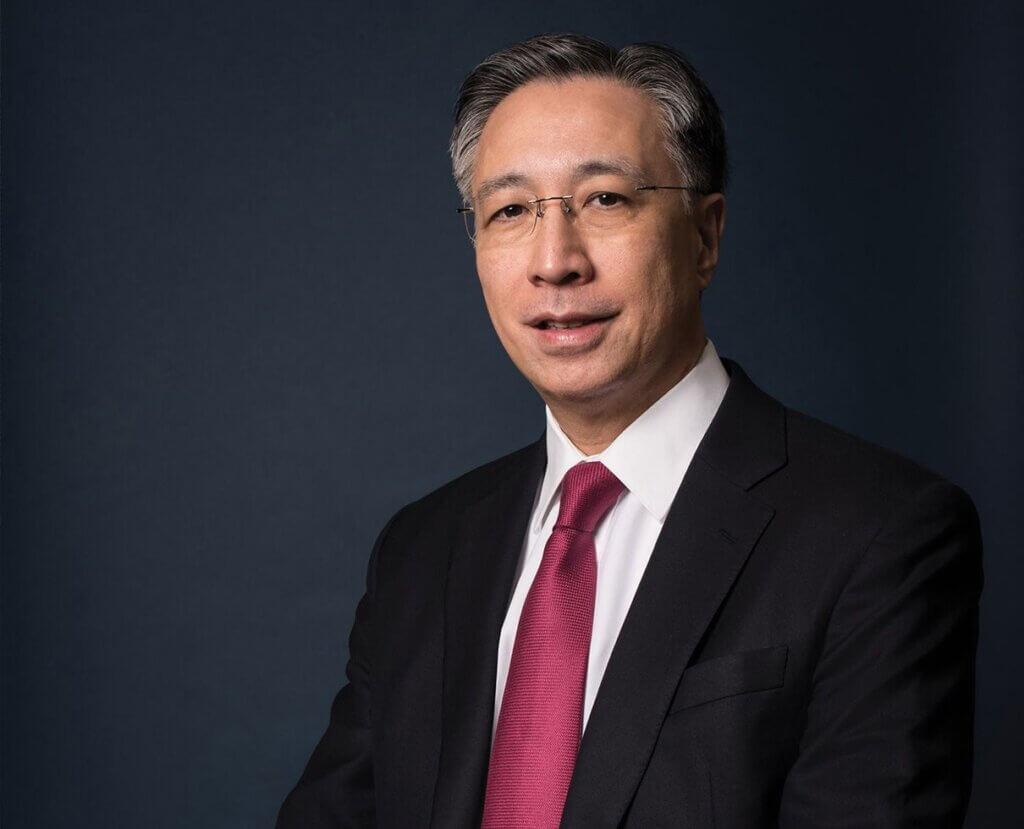
Synergy Media Specialists asked Mr. Nestor Tan, President and CEO, about banking in the Philippines and BDO’s role, deregulation, ASEAN and ‘digital disruption’:
1. How would you describe today’s banking environment in the Philippines?
- The positive macro backdrop and lending opportunities present across all market segments.
- The sector’s low penetration rate.
- The country’s favorable demographic trends.
- Healthy balance sheets, low Non-Performing Loan (NPL) levels with sufficient NPL cover, and solid capitalization.
- Highly competitive as the system is fragmented, exacerbated by the liberalized entry of foreign banks and excess system liquidity.
2. As the Philippines’ largest bank in terms of total resources, loans, deposits, and assets under management, how is BDO Unibank, Inc., strengthening its leading position in the Philippines’ banking sector?
- We continue to solidify our business franchise through branch expansion and increased market coverage. In line with our provincial thrust, most branch openings are in areas outside Metro-Manila, as we target emerging businesses and rising middle class in fast-urbanizing secondary and tertiary cities.
- Additionally, ongoing initiatives serve to bolster our presence in new markets and/ or underserved segments. These initiatives include, among others, building our life protection products for our growing consumer clients, venturing into MSME lending to penetrate the underserved sector, and extending wealth management solutions and service offerings to a broader client base.
- Further, our digital banking initiatives equip us with the right platform to allow us to nimbly respond and deliver digitally-driven user experiences attuned to the needs of a technologically-savvy clientele. We have likewise strengthened our presence in social media through the Bank’s official Facebook Fan page, thus boosting our connectivity with the digital generation.
- Our reinforced core capital base via a P60 billion (USD1.2 billion) stock rights offer last January allows us to pursue business expansion plans and our medium-term growth targets.
3. Deregulation has opened up the Philippine banking industry and is encouraging foreign players to enter the market. What will be the impact on the local banking sector and what can we expect from BDO Unibank, Inc.?
- The liberalized entry of foreign banks and ASEAN integration are seen tightening competition across product and market segments. This emphasizes the need for local banks to build up scale to effectively compete with the bigger regional banks. Some banks may consider different options to achieve scale: grow organically, consider M&A opportunities, or forge partnerships with bigger banks.
- On the part of BDO, our priority is to reinforce our core business locally. We are focused on strengthening and building our domestic franchise through branch expansion and broader market penetration.
- Amid increased prospects for M&As/consolidation and partnerships/alliances with bigger banks to achieve scale, BDO has forged tie-ups with several foreign banks to service the banking requirements of the latter’s clients who intend to expand their operations in the Philippines and position BDO as their preferred banking partner in the country.
4. With ASEAN marking its 50th Anniversary and the Philippines holding this year’s Chairmanship, how important do you consider Southeast Asian markets to be for the future of the Philippines’ banking industry and economy as a whole?
An integrated ASEAN market benefits the economy in terms of the following:
- A large client/market base of over 600 million consumers with rising disposable incomes.
- Regional sourcing, resulting in possibly lower supply chain costs.
- Enhanced potential for cross-border businesses and technology transfer.
- Viable areas for collaboration, tie-ups or joint ventures.
- For Philippine banks, the domestic market is still more important given low penetration rate and several constraints that prevent local banks from fully tapping ASEAN.
5. New technologies are changing our financial world. How is this ‘digital disruption’ playing out in the Philippines and how are you preparing for the future?
- We view the emergence of Fin Techs as both an opportunity and a threat. In this regard, we are open to partnering with Fin Techs to augment and round-out our go-to (digital) market strategy. At the same time, we continue to invest in our digital infrastructure to fully tap the digital generation through the delivery of digitally-driven user experience attuned to their needs. This is to mitigate potential threats posed by Fin Techs in terms of the alternative products and services that bypass traditional physical banking.




